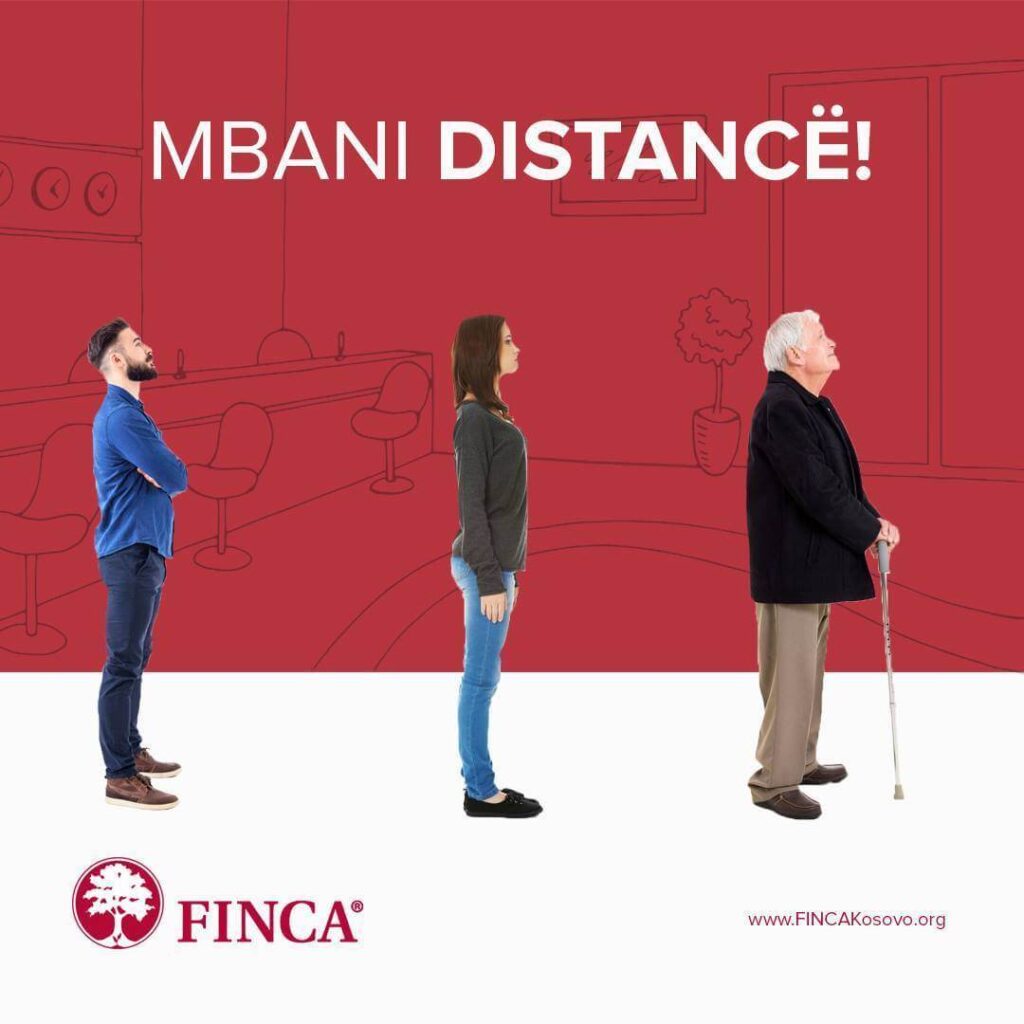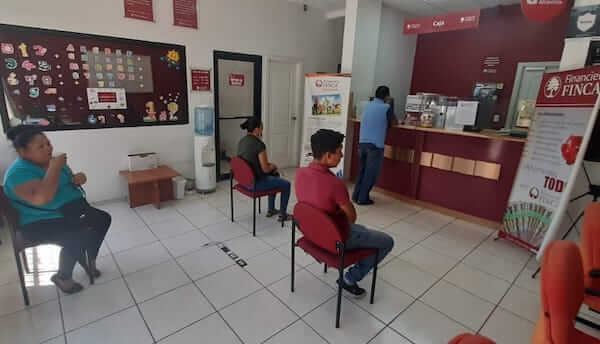
The COVID-19 pandemic has been a disruptive force that has changed the way we go about life, how we interact with one another and how we do business.
FINCA Impact Finance (FIF), a global network of 20 microfinance institutions with mostly local staff of 10,000, has implemented an operational response strategy to protect customers and staff during the crisis.
We have placed a priority on ensuring that our clients have safe access to their accounts via branchless delivery channels in order to help ease the burden that many of them are currently facing during the pandemic. We are also making full use of the digital communication channels that we have in place to establish consistent lines of communication.
Promoting Branchless Channels
FIF is making a concerted effort to encourage the use of branchless banking and digital communication channels. FIF is utilizing SMS, WhatsApp, Viber and social media, including Facebook, Twitter, Instagram, LinkedIn and Odnoklassniki – a Russian social network – to proactively inform customers of branch hours, provide instructions on how to use mobile banking apps, how to access customer hotlines, and where to receive information on loan restructuring and grace periods. There are also channels where customers can reach out to us to ask questions and receive information. FIF’s subsidiary in Kosovo has seen a 2,000 percent increase in the number of inbound web chat inquiries, along with a 700 percent spike in Viber chats and Facebook Messenger inquiries.
For customers looking to make payments or access their savings, FIF is offering branchless banking options. The majority of FIF subsidiaries offer at least one type of branchless delivery channel — such as mobile banking, agency banking, cash-in terminals or card payments. FIF is encouraging customers to use these channels if they need to make payments or access their savings, thereby avoiding commutes on public transportation, eliminating the need to wait in lines at branches, and minimizing the handling of unhygienic cash.
FIF is encouraging branchless banking in order to avoid public transportation, waiting in lines, and handling cash.
Further, customers can also access a range of other financial services from our branchless channels, such as sending money transfers to family members or purchasing airtime. Providing localized or remote access to these essential services means customers in rural areas can avoid travel to crowded urban centers to conduct these transactions.
FIF has also increased its investment in call centers to scale up functionality, making them our primary channel of communication with our customers. To protect the health of employees, we’re shifting call center work to our agents’ homes.

Health and Safety at Branches
For some customers, branchless banking remains inaccessible. FIF is continuing to maintain a physical presence in its subsidiaries to provide lifelines for low-income customers.
Subsidiaries are doing what they can to provide masks and gloves to customers and staff, offer hand sanitizer to each customer who enters the branch, and ensure that physical distancing is observed within the branch.
Prioritizing Rapid Internal Communication
This is a fast-moving situation and communication is critical. To ensure that every one of our 10,000 staff are aware of our operational response to COVID-19, we have issued guidance documents across the network, established weekly COVID-19 meetings, and distributed and translated an audio podcast recorded by our CEO. This approach ensures our entire team across 21 countries is working the to protect our clients and our network.










